
(Wikimedia Commons public domain image)
A few days ago, I published a post here in which I replied to the silly atheist slogan “Science flies men to the moon. Religion flies planes into buildings.” Responding to my response, an occasional participant on the Peterson Obsession Board who does not appear to be as reflexively hostile to theism as many of the others there — an (American?) physicist teaching in Germany who has never been a Latter-day Saint — offered an alternative slogan: “Religion builds hospitals. Science builds hydrogen bombs.” Given his profession as a physicist and the recent box office success of the biographical film Oppenheimer, it’s a fairly obvious riposte. And it’s certainly at least as “true” (which is to say, at least as much of a caricature and very nearly as false) as the first one.
However, one of the regulars on the Obsession Board quickly answered that the revised slogan isn’t really available to Latter-day Saints, since the (greedy, unfeeling, uncharitable) Church doesn’t build hospitals.
But this is deeply misleading. As the Wikipedia article on “Intermountain Health” explains, “Intermountain Health [initially “Intermountain Healthcare”] was founded on April 1, 1975, after the Church of Jesus Christ of Latter-day Saints donated fifteen hospitals, as a system, to what would become Intermountain Health.” Moreover, the Christopher Hitchens Memorial “How Religion Poisons Everything” File™ positively overflows with examples of the Church not only providing humanitarian aid around the globe but donating cash and medical equipment and the like to clinics in impoverished areas. I’ve been posting account after account after account here of such donations.
In a curiously related matter, I read a post online at another location in which a critic blamed Utah’s high rates of obesity and diabetes on Latter-day Saint culture. Others immediately joined the chorus of condemnation. So l looked up data, by state, on obesity (also here, where Utah ranked thirty-seventh of the fifty states) and diabetes.
My question is whether the folks who make such allegations ever consult anything, before they post, beside their burning hostility toward the Church of Jesus Christ of Latter-day Saints.

(LDS.org)
I’m always astounded when I see confident declarations that there simply were no Book of Mormon plates. One might imagine, given the consistent testimony of multiple, seemingly credible eyewitnesses to the literal, tangible, physical existence of those plates, that folks who flatly deny that existence would want to cite some evidence or present some kind of an argument.
Although I judge them to be manifestly losing arguments, I can easily understand those who want to contend that all of the seventeen or eighteen witnesses (or more) who claim to have seen, hefted, and/or handled the plates were either hallucinating or lying. But one should probably advance some evidence and an argument to that effect, if one cares at all about being taken seriously. I can also imagine arguing that there were plates, but that they were in some sense bogus. In such a case too, though, one should probably at least nod in the direction of evidence and rational argument.
But to simply, complacently, announce — without even the slightest attempt to justify the assertion — that Joseph Smith never possessed any actual plates of any kind? That’s not worthy of being taken seriously. It’s not a serious position.
In response, I offer the relevant historical works of Richard Lloyd Anderson as a starter (notably Investigating the Book of Mormon Witnesses), as well as the films Witnesses and Undaunted: Witnesses of the Book of Mormon, the Interpreter Foundation’s series of Insights videos, and the Witnesses of the Book of Mormon website. After that, I can point to still more.
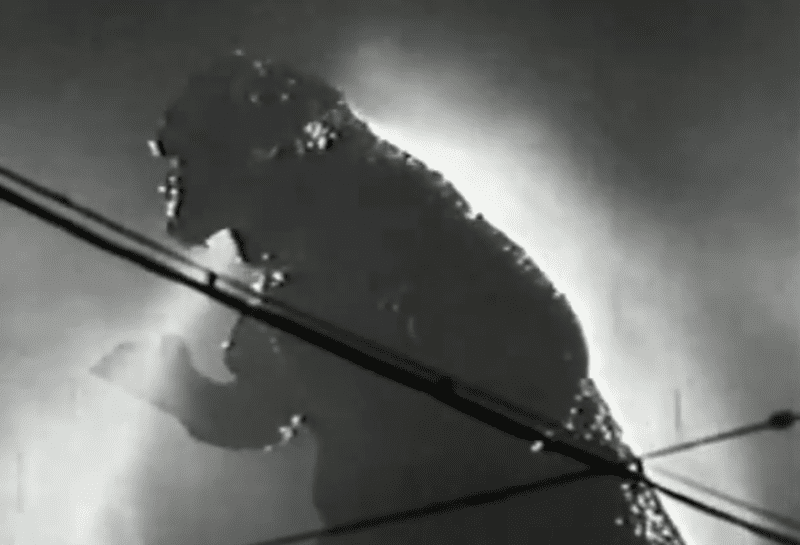
Let’s assume, for the moment and for purposes of discussion, that absolutely every accusation made against Tim Ballard and Operation Underground Railroad is true, even the most lurid ones. (I have no particular reason, personally, to believe that any of the accusations is true, but I could easily be wrong.)
Over on the Peterson Obsession Board, my Malevolent Stalker is suggesting that I resign from my role in the Interpreter Foundation and with the Foundation’s Six Days in August film project because of the cloud that my close association with OUR and Tim Ballard has put them under. My close association? Somebody over there even described us as “close friends.”
But, so far as I’m aware, I’ve never met Tim Ballard nor even corresponded with him or spoken with him. I read about OUR’s efforts to liberate children from sexual servitude, thought it an exceptionally noble cause, decided to donate money to support it, and decided to invite others to do so. That’s it. (Also at about that time, I did the same with respect to what is now called the Bountiful Children’s Foundation.)
Baseless suggestions that I was attracted to OUR precisely because of its allegedly abusive and corrupt character — relatively recent charges that are, as yet, quite undemonstrated — are too contemptible to merit serious comment.
Another charge that is being leveled on the Obsession Board claims that the alleged actions of Tim Ballard are indicative of the evils done by religion. To which I respond, Really? Seriously? In the cases found in the illustrious Hitchens File™, the actions described are motivated by religious belief and, quite commonly, sponsored and/or organized by a religious organization. Can anybody seriously maintain that Tim Ballard became too physically intimate with women other than his wife (as some have charged, though thus far over his denials and without demonstrating it to be true, and without indictment, let alone conviction) in accordance with the teachings of his Church rather than in direct opposition to them?
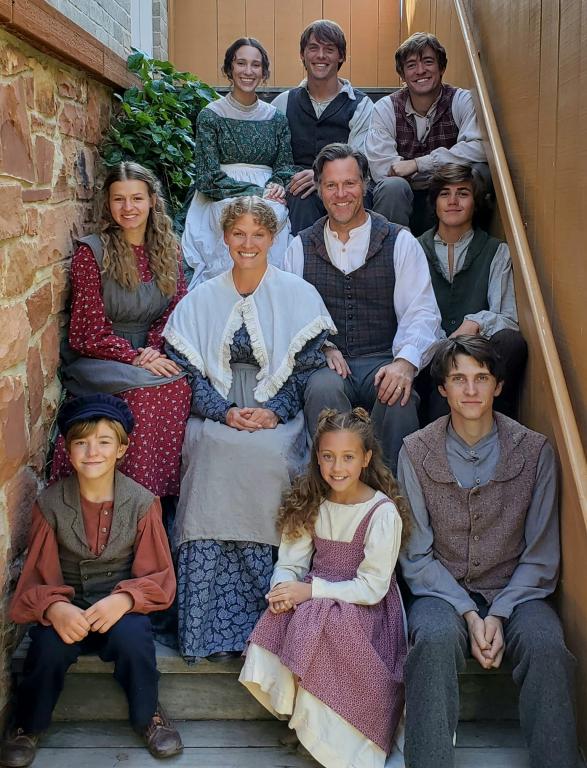
But let’s get back to some relatively recent materials from the Christopher Hitchens Memorial “How Religion Poisons Everything” File™:
- “Do marriage and religion make people happier? Age, gender, belief in God, marital status and other factors may predict happiness”
- “2023’s Happiest States in America”
- “Perspective: Tracking ‘two-parent privilege’ in Utah: Children in married families do better in school and in life. State agencies can do a better job of tracking these metrics”
- “Latter-day Saint Volunteers Join National 9/11 Day of Service: Across the state of Utah, volunteers make a difference”
- *Church Efforts in Arizona Help Migrants, Refugees From Around the World: ‘We’ve got some amazing people here that want to give so much,’ says Ruth Pagán, Arizona JustServe director”
- “Latter-day Saint Volunteers Aid in Florida Hurricane Cleanup”
- “A 3-year college degree? BYU-Pathway Worldwide wins approval to launch revolution in higher education: Beginning in April 2024, BYU-Idaho and Ensign College will offer seven online degrees through BYU-Pathway Worldwide. The degrees require 90 credit hours instead of 120.”
- “Go Forth to Serve: BYU Engineers Design Low-Cost Prosthetics for Ecuador”
- “Water Conservation, Recycling Among Church’s Sustainability Endeavors: Being a good steward and caretaker of the earth is closely tied to caring for those in need”
- “Latter-day Saint Volunteers Help With Hurricane Idalia Relief in Florida: Church sets up several command centers to respond to local needs”
- “‘Now We Just Open the Tap’ — Bolivian Community Finally Gets Water Through Church’s Help: A tiny community in Bolivia now has a water source through the help of the Church, Water for People and one determined man”
That should do for now to give at least some slight sense of the horrors inflicted upon humankind by religions and religious people. When will it ever end?
Posted from Park City, Utah


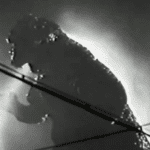

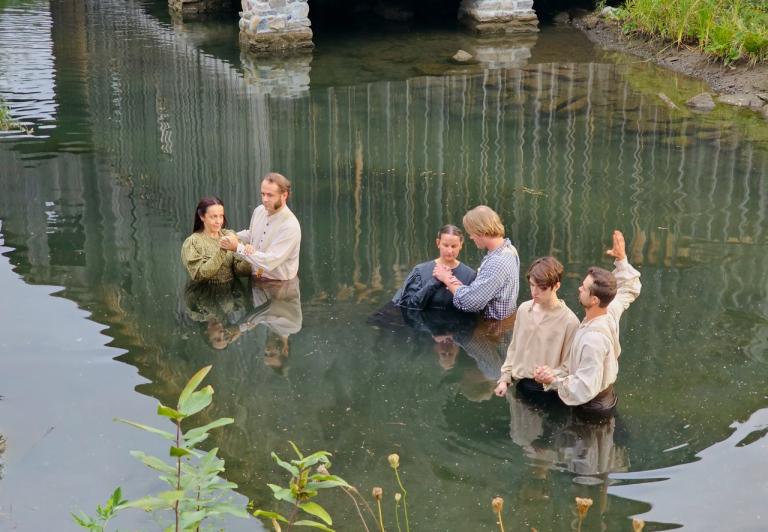
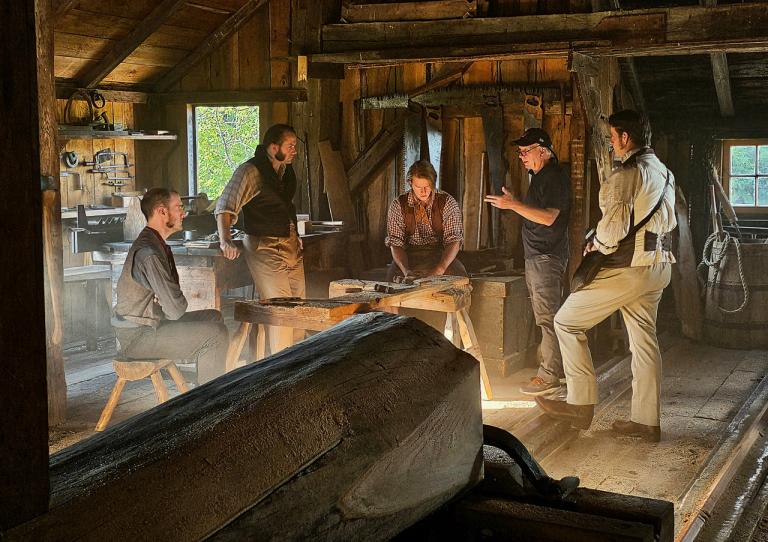
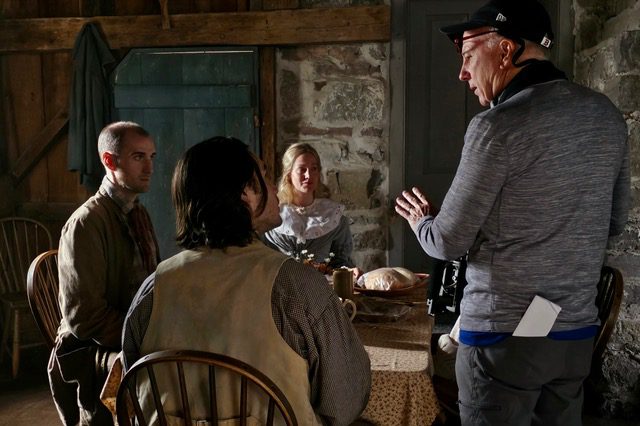
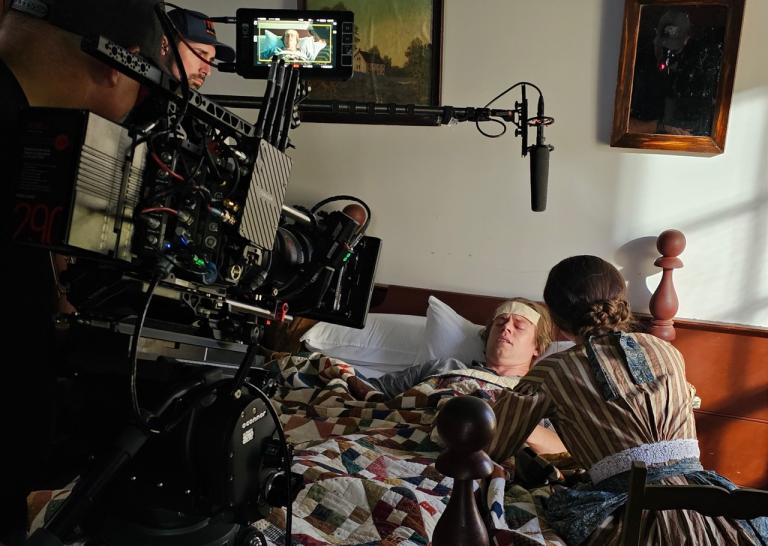


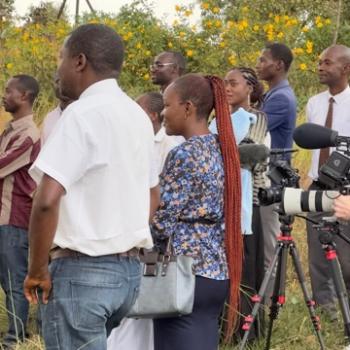
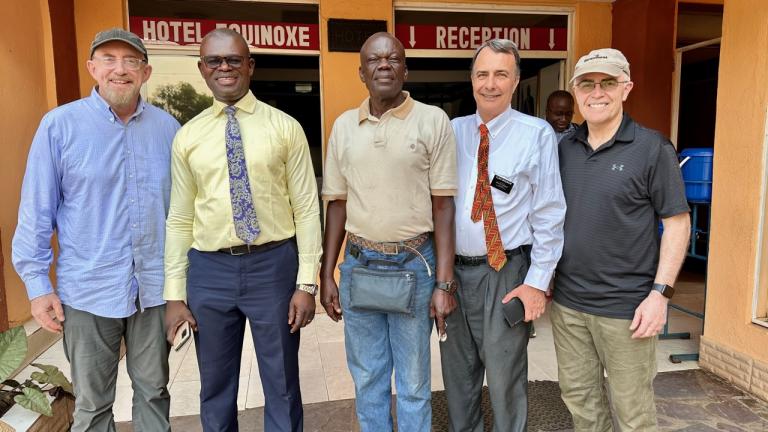
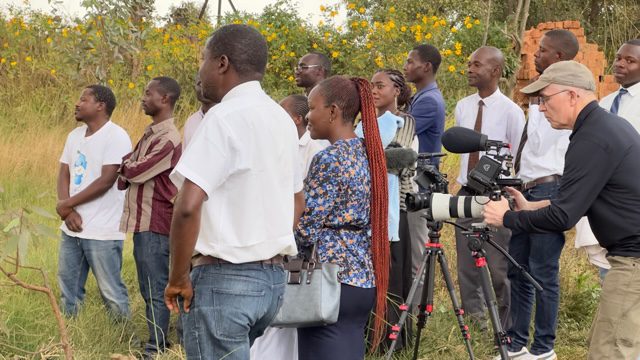
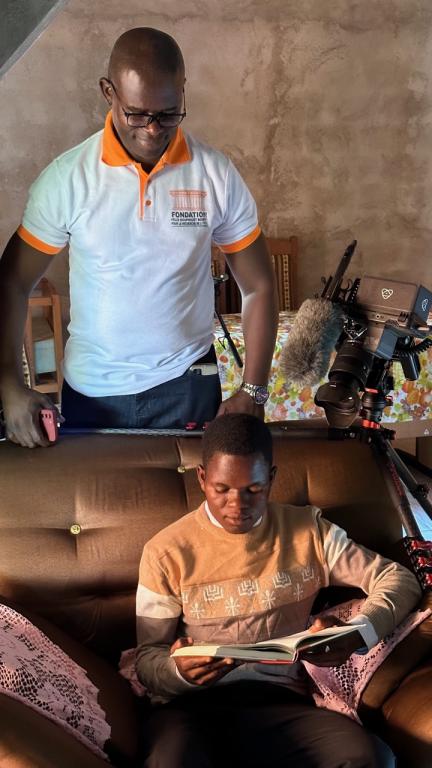
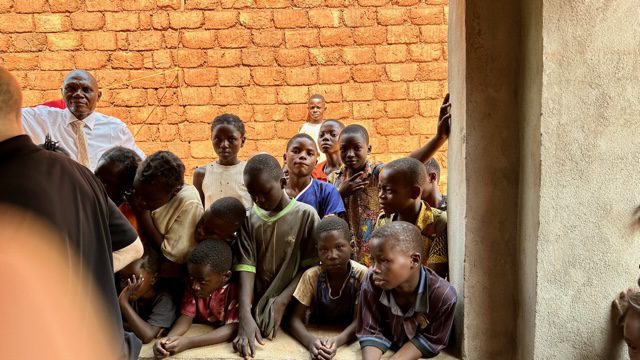

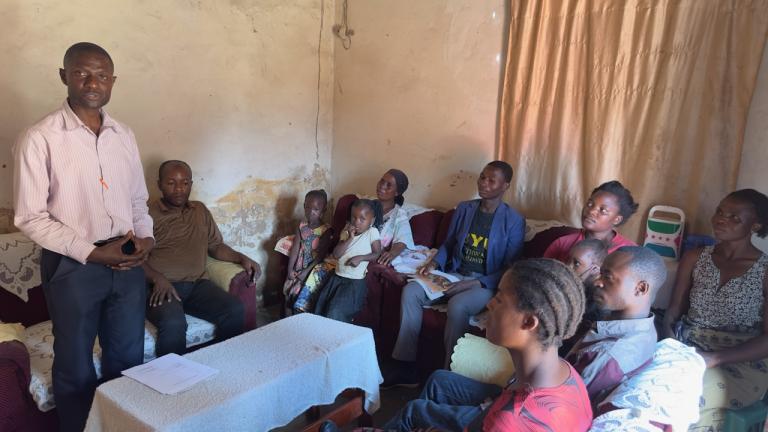
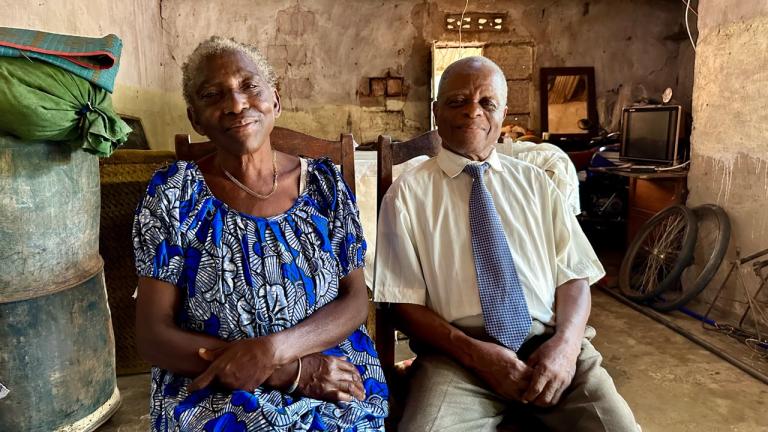
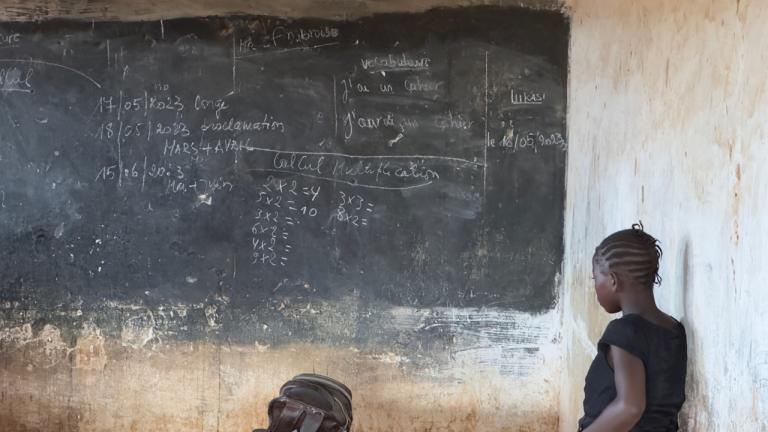
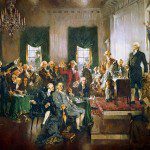

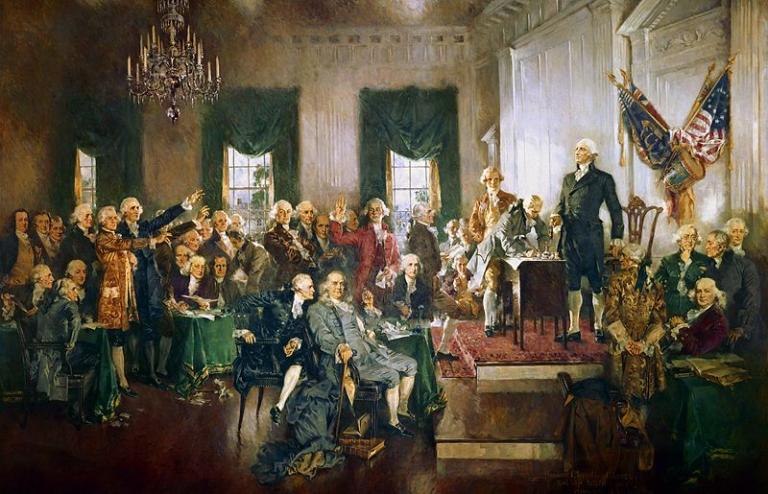
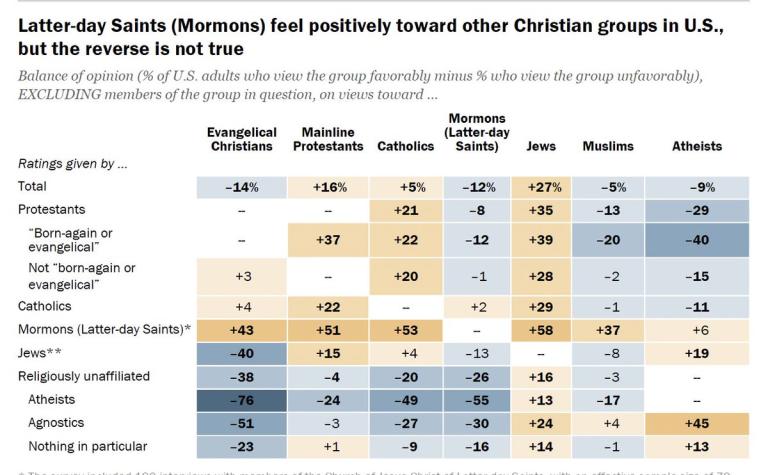


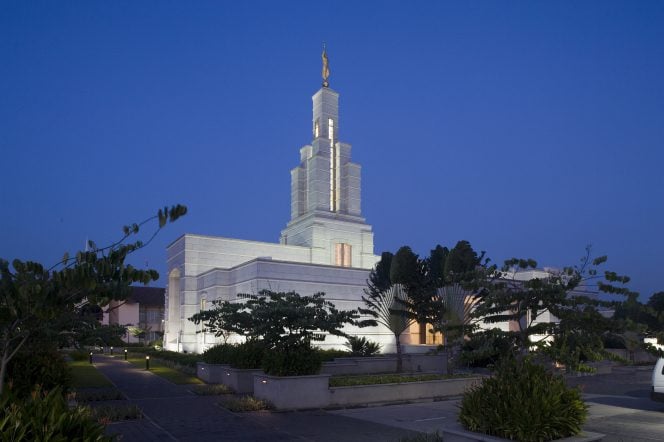


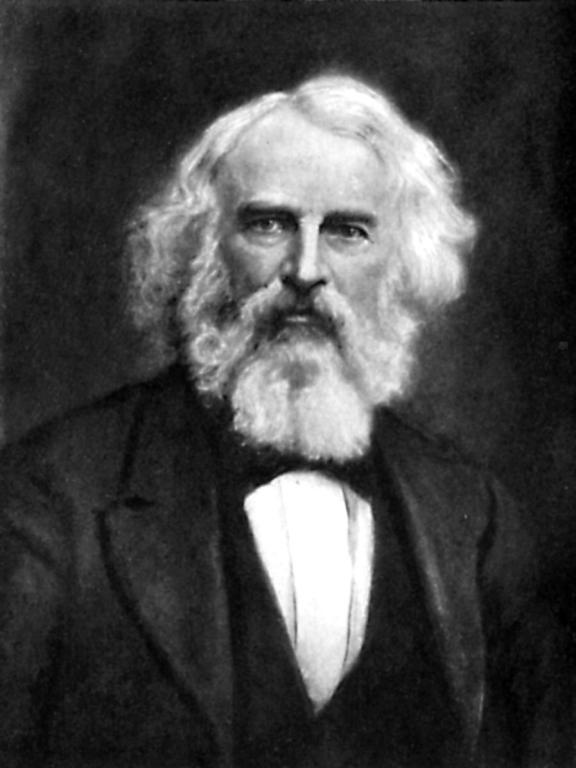
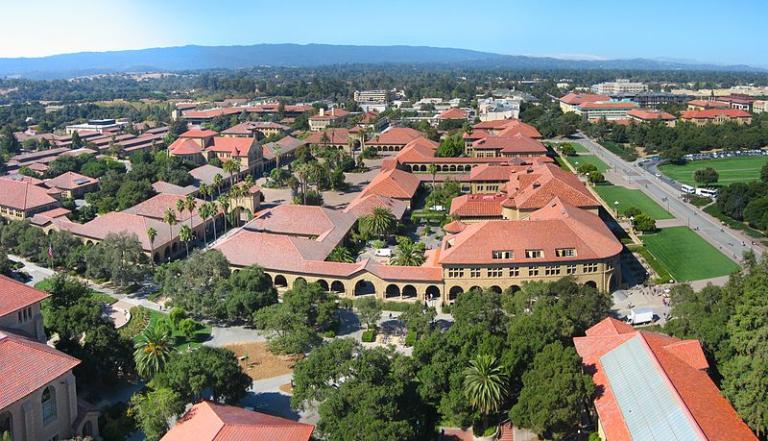
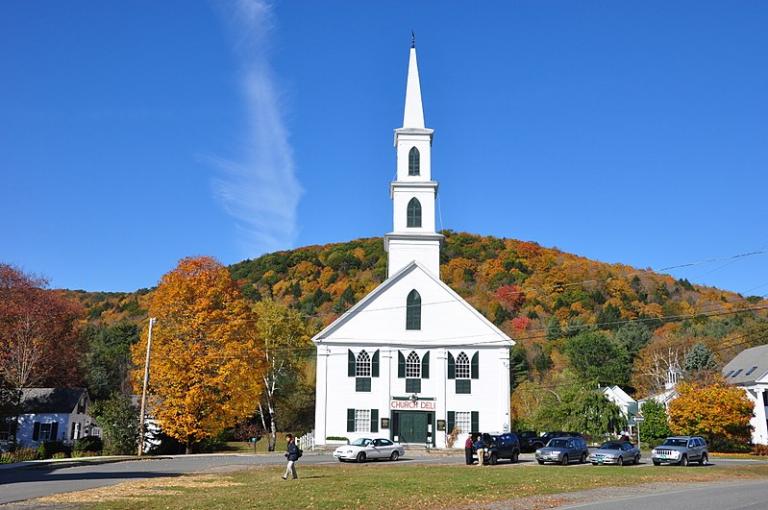
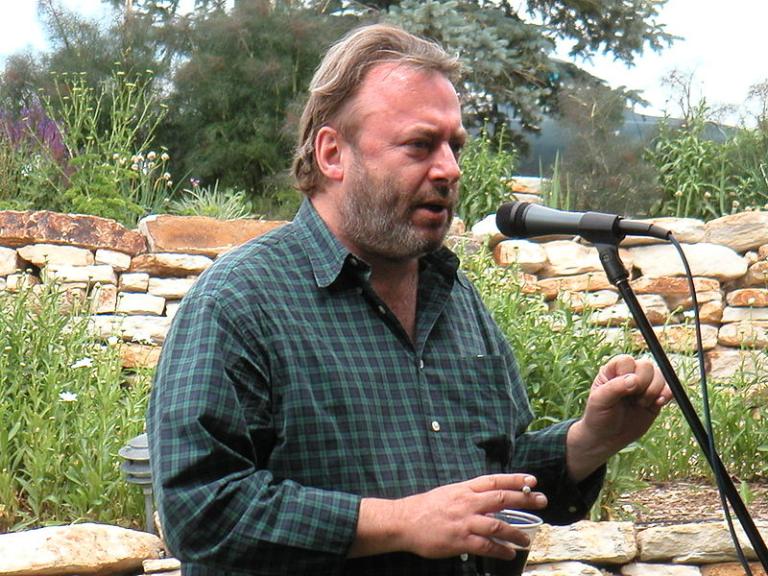

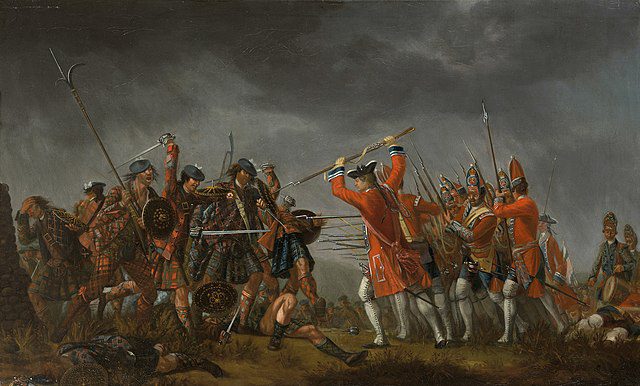
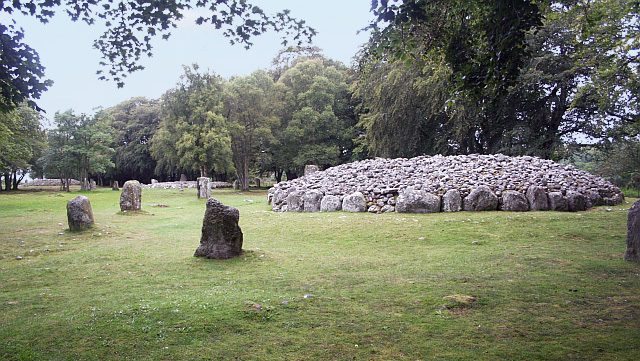
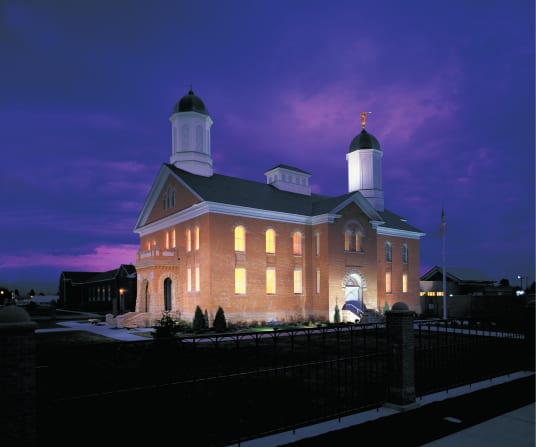









It fairly makes yer skin crawl, don’t it?